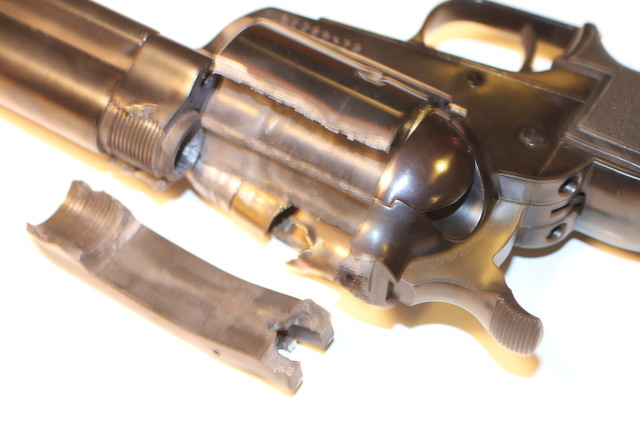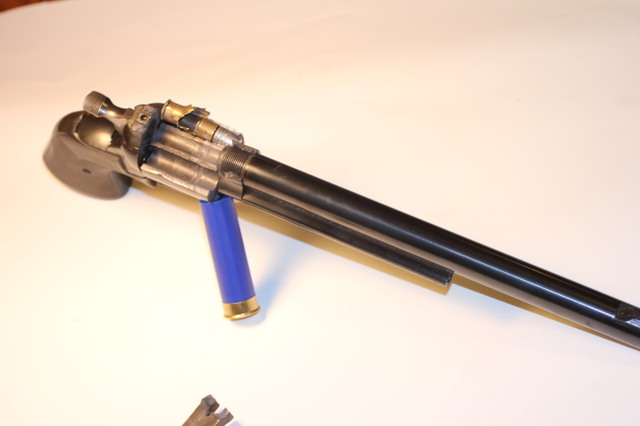Is there a chance he might have had his set on grams?
I have a 10-10 Ohaus scale, it came with two beams, one for grains the other for grams. That feature protects the reloader from the reloader.
F. Guffey
When it comes to reloading there is no substitute for discipline, there is nothing more dangerous than arrogance. And I am not the fan of reloaders getting into reloading at a dead run. And I am the fan of 'finished', a reloader that can finish the reloading session by verifying.
F. Guffey



